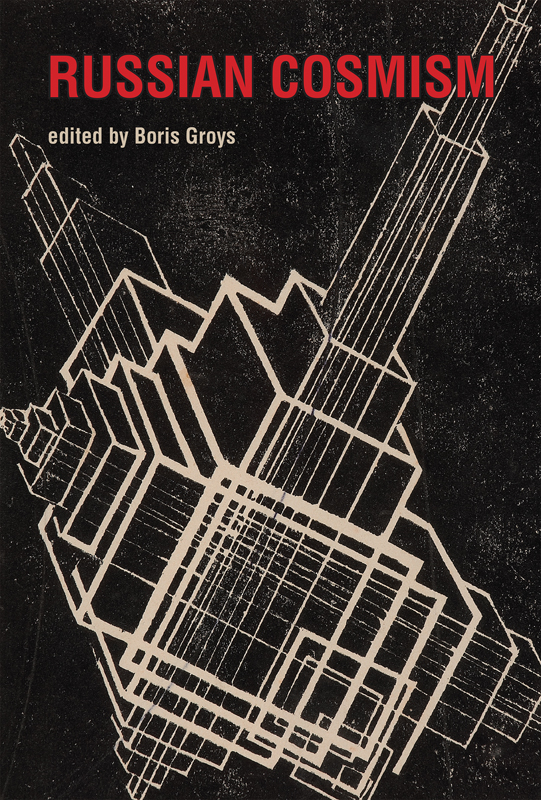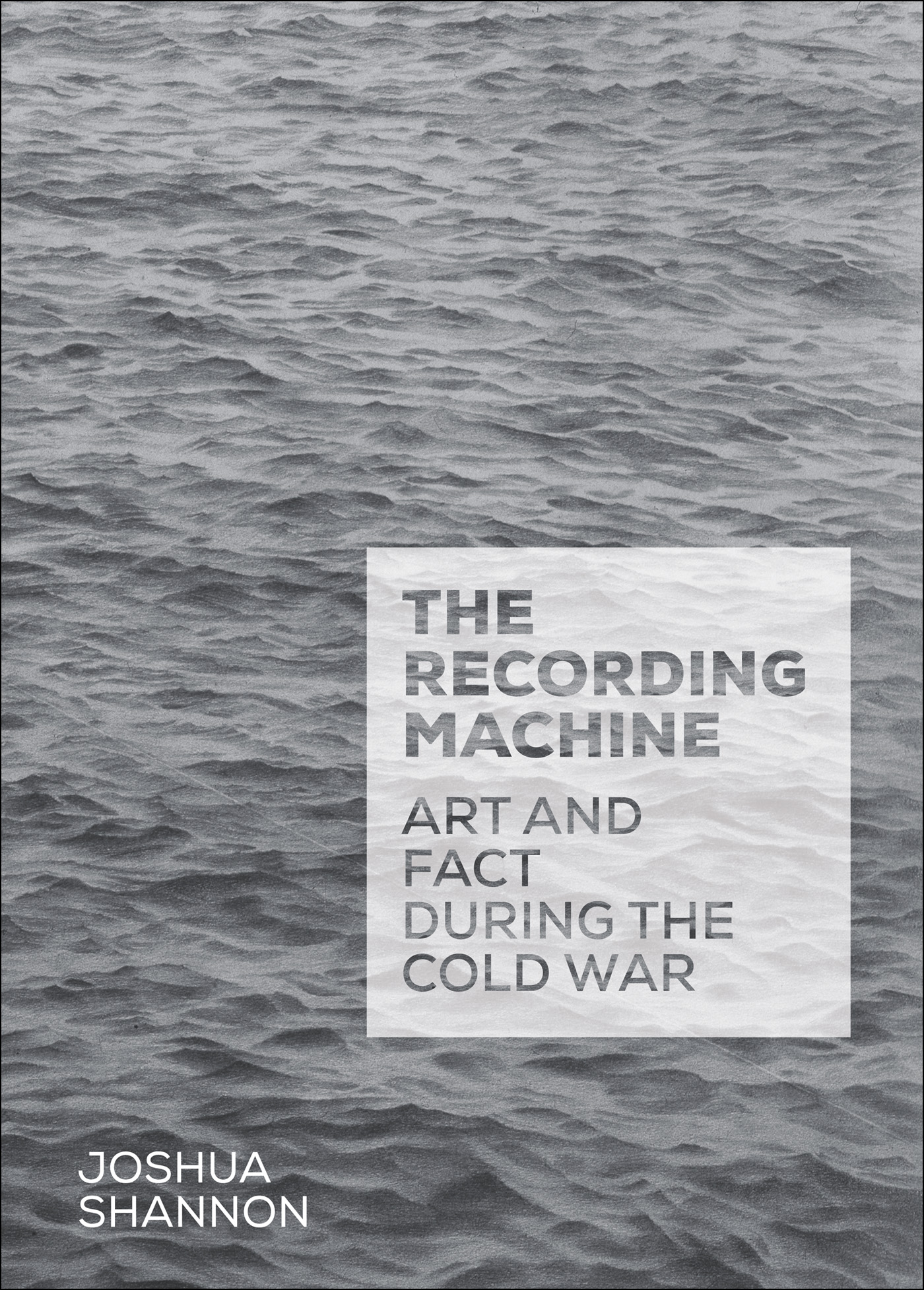Ellen Ullman: Life in Code: A Personal History of Technology (2017)
Filed under book | Tags: · artificial intelligence, code, computing, history of technology, internet, memoir, programming, technology

“The last twenty years have brought us the rise of the internet, the development of artificial intelligence, the ubiquity of once unimaginably powerful computers, and the thorough transformation of our economy and society. Through it all, Ellen Ullman lived and worked inside that rising culture of technology, and in Life in Code she tells the continuing story of the changes it wrought with a unique, expert perspective.
When Ellen Ullman moved to San Francisco in the early 1970s and went on to become a computer programmer, she was joining a small, idealistic, and almost exclusively male cadre that aspired to genuinely change the world. In 1997 Ullman wrote Close to the Machine, the now classic and still definitive account of life as a coder at the birth of what would be a sweeping technological, cultural, and financial revolution.
Twenty years later, the story Ullman recounts is neither one of unbridled triumph nor a nostalgic denial of progress. It is necessarily the story of digital technology’s loss of innocence as it entered the cultural mainstream, and it is a personal reckoning with all that has changed, and so much that hasn’t.”
Publisher Farrar, Straus & Giroux, 2017
ISBN 9780374534516, 0374534519
viii+306 pages
via andre
Video talk (54 min, 2017)
Reviews: J.D. Biersdorfer (New York Times, 2017), Jessica Bennett (Elle, 2017).
Comment (0)Boris Groys (ed.): Russian Cosmism (2018)
Filed under book | Tags: · art, avant-garde, biopolitics, cosmism, cosmos, philosophy, russia, technology

“Cosmism emerged in Russia before the October Revolution and developed through the 1920s and 1930s; like Marxism and the European avant-garde, two other movements that shared this intellectual moment, Russian Cosmism rejected the contemplative for the transformative, aiming to create not merely new art or philosophy but a new world. Cosmism went the furthest in its visions of transformation, calling for the end of death, the resuscitation of the dead, and free movement in cosmic space. This volume collects crucial texts, many available in English for the first time, by the radical biopolitical utopianists of Russian Cosmism.
Cosmism was developed by the Russian philosopher Nikolai Fedorov in the late nineteenth century; he believed that humans had an ethical obligation not only to care for the sick but to cure death using science and technology; outer space was the territory of both immortal life and infinite resources. After the revolution, a new generation pursued Fedorov’s vision. Cosmist ideas inspired visual artists, poets, filmmakers, theater directors, novelists (Tolstoy and Dostoevsky read Fedorov’s writings), architects, and composers, and influenced Soviet politics and technology. In the 1930s, Stalin quashed Cosmism, jailing or executing many members of the movement. Today, when the philosophical imagination has again become entangled with scientific and technological imagination, the works of the Russian Cosmists seem newly relevant.”
With texts by Alexander Bogdanov, Alexander Chizhevsky, Nikolai Fedorov, Boris Groys, Valerian Muravyev, Alexander Svyatogor, Konstantin Tsiolkovsky, Anton Vidokle, and Brian Kuan Wood.
Publisher e-flux, New York, and MIT Press, Cambridge, Massachusetts, 2018
ISBN 9780262037433, 0262037432
ix+249 pages
Joshua Shannon: The Recording Machine: Art and Fact during the Cold War (2017)
Filed under book | Tags: · art history, cold war, conceptual art, fact, photography

“A revealing look at the irrevocable change in art during the 1960s and its relationship to the modern culture of fact.
This book offers a new understanding of the transformation of photography and the visual arts around 1968. Author Joshua Shannon reveals an oddly stringent realism in the period, tracing artists’ rejection of essential truths in favor of surface appearances. Dubbing this tendency factualism, Shannon illuminates not only the Cold War’s preoccupation with data but also the rise of a pervasive culture of fact.
Focusing on the United States and West Germany, where photodocumentary traditions intersected with 1960s politics, Shannon investigates a broad variety of art, ranging from conceptual photography and earthworks to photorealist painting and abstraction. He looks closely at art by Bernd and Hilla Becher, Robert Bechtle, Vija Celmins, Douglas Huebler, Gerhard Richter, and others. These artists explored fact’s role as a modern paradigm for talking, thinking, and knowing. Their art, Shannon concludes, helps to explain both the ambivalent anti-humanism of today’s avant-garde art and our own culture of fact.”
Publisher Yale University Press, New Haven, CT, 2017
ISBN 9780300187274, 0300187270
ix+230 pages
Review: Ina Blom (The Sixties, 2018).
Comment (0)
